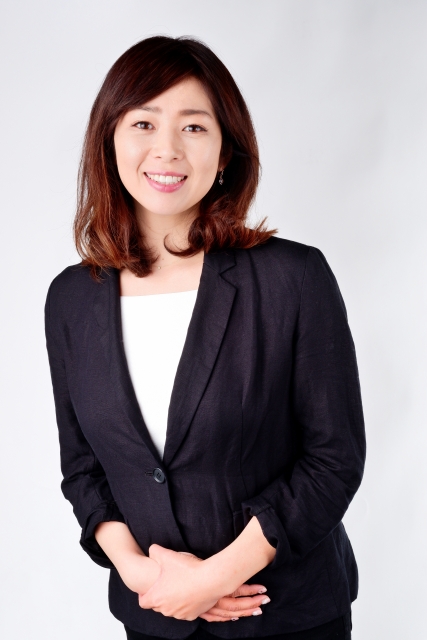Movie Update soon ご容赦ください(Goyousha kudasai) This means “I apologize if there are any errors in the … What does ご容赦ください(Goyousha kudasai)meanRead more
英語
What does ご教示願います(Gokyoji negaimasu)mean
Movie Update soon ご教示願います(Gokyoji negaimasu) The meaning of “Gokyoji negaimasu” is used to mean that you … What does ご教示願います(Gokyoji negaimasu)meanRead more
What does 光栄に存じる (kouei ni zonjiru)mean
Movie Update soon 光栄に存じる (kouei ni zonjiru) Literally means “to think of something as an honor”, … What does 光栄に存じる (kouei ni zonjiru)meanRead more
What does お言葉に甘えて(Okotoba ni amaete)mean
Movie Update soon お言葉に甘えて(Okotoba ni amaete) Okotoba ni amaete the literal meaning“Sweet with your words” “Okotoba … What does お言葉に甘えて(Okotoba ni amaete)meanRead more
What does 冥利に尽きる (Myori ni tsukiru)mean
Movie Update soon 冥利に尽きる (Myori ni tsukiru) “Myori” is derived from Buddhist terms and refers to … What does 冥利に尽きる (Myori ni tsukiru)meanRead more
What does ご無沙汰しております(Gobusatashiteorimasu)mean
Movie Update soon ご無沙汰しております(Gobusatashiteorimasu) This means 「long time no seeing」,「It’s been a while」,「I have not been in … What does ご無沙汰しております(Gobusatashiteorimasu)meanRead more
What does お世話になります。 (Osewaninarimasu.) mean
Movie update later Osewaninarimasu./お世話になります “Osewaninarimasu.” means “Thank you for taking the time”, so you can use … What does お世話になります。 (Osewaninarimasu.) meanRead more






